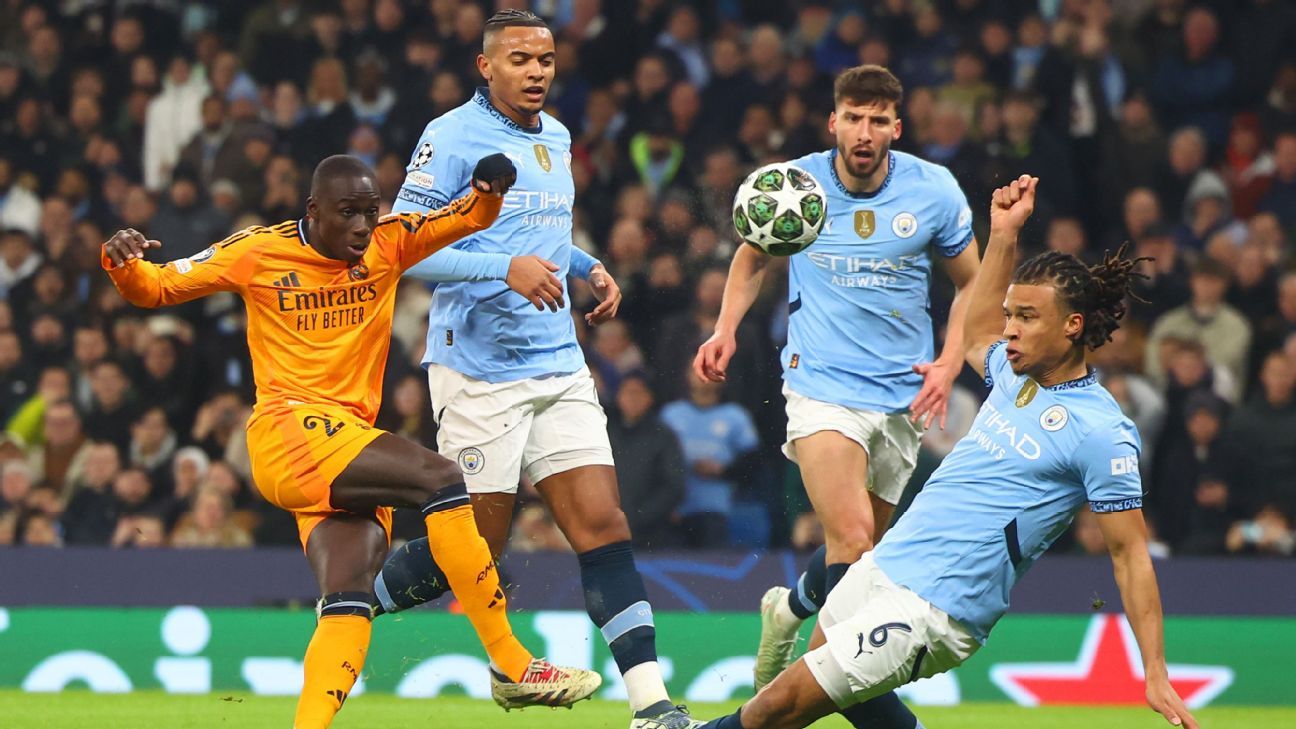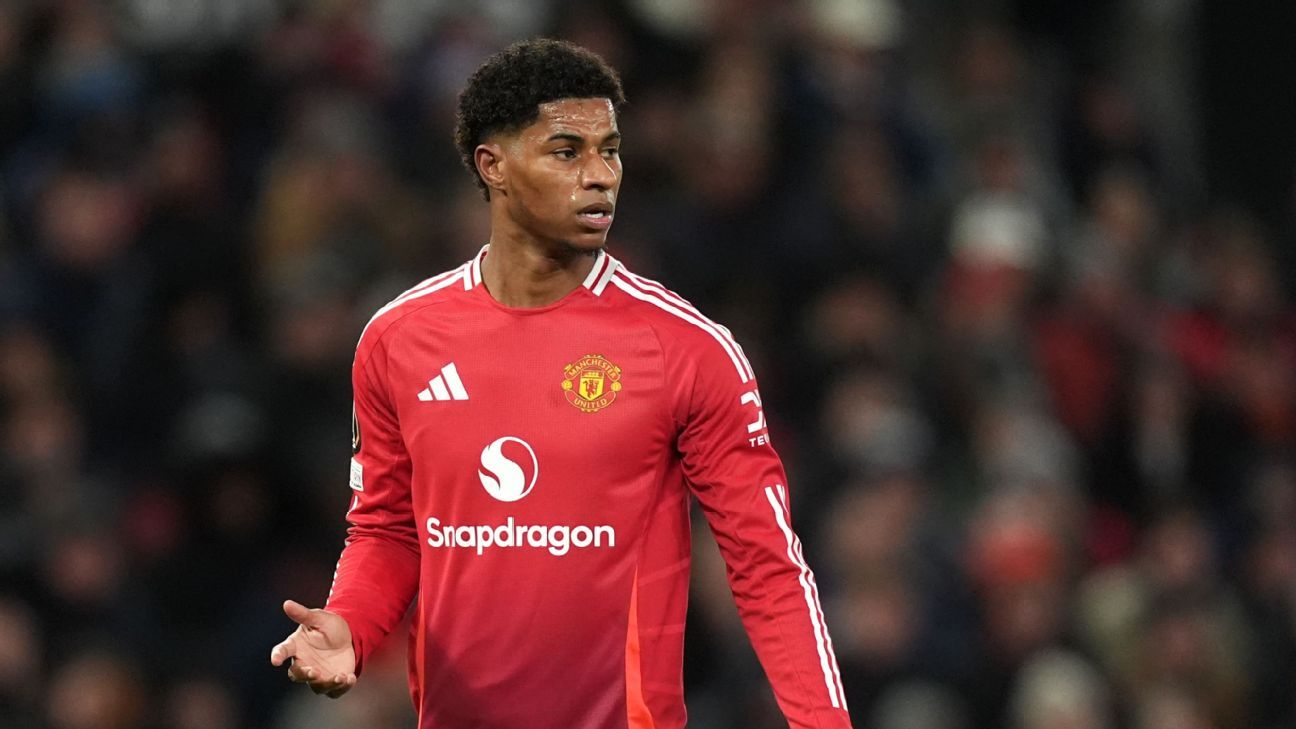Unraveling the Mystery: Why Man City Keeps Losing Leads
Manchester City, a name synonymous with dominance in football, finds itself grappling with an unusual and troubling trend: the propensity to concede late goals after establishing a lead. This puzzling phenomenon has stirred debates among fans and analysts alike, as it seems at odds with the club’s overall quality and tactical prowess. In this article, we will explore the underlying reasons why Man City keeps losing leads, examine the implications for their title aspirations, and suggest potential pathways to remedy this perplexing issue.
Understanding the Context of Late Goals
In recent seasons, Manchester City has been a formidable force in the Premier League and European competitions. However, the narrative surrounding their matches often takes a twist in the final minutes. Despite dominating possession and creating numerous scoring opportunities, the team has repeatedly found itself in situations where they concede goals that cost them valuable points.
To understand why Man City keeps losing leads, we need to analyze various factors, including tactical decisions, psychological elements, and the physical aspects of the game.
Tactical Vulnerabilities
One of the primary reasons for Manchester City’s late goals conceded can be traced back to tactical vulnerabilities. Pep Guardiola, known for his attacking philosophy, often prioritizes possession and fluidity over defensive solidity. While this approach has brought success, it can also leave the team exposed during critical moments.
- High Defensive Line: City often employs a high defensive line, which can be effective in pressing opponents but risky if the team loses possession. Opponents can exploit the spaces left behind, leading to rapid counter-attacks.
- Overcommitment in Attack: In their quest to control the game, City players frequently push forward, leaving fewer numbers at the back. This can result in defensive lapses when the ball is turned over.
- Substitutions Impact: Guardiola’s substitutions, while often tactically astute, can disrupt team cohesion. Bringing on defensive players may not always stabilize the situation, especially if the team has already lost momentum.
Psychological Factors
The psychological aspect of football cannot be understated. The pressure of maintaining a lead can weigh heavily on players, leading to lapses in concentration. This pressure often manifests in several ways:
- Fear of Failure: Players may become overly cautious as the game progresses, fearing the consequences of conceding. This can lead to indecision and mistakes.
- Complacency: Having a lead can sometimes result in a false sense of security. Players might relax, thinking the game is won, only to be caught off guard by a resurgence from the opposition.
- Crowd Influence: Home matches at the Etihad Stadium can create a unique atmosphere. While support is vital, the pressure to perform can also be daunting, especially when leads are surrendered.
Physical Aspects and Fatigue
As the season progresses, physical fatigue becomes an increasingly significant factor. The demands of competing in multiple competitions can take a toll on players’ stamina and sharpness:
- Fixture Congestion: The busy schedule of the Premier League, coupled with domestic and European commitments, can lead to fatigue. Players may not always be at their peak performance levels towards the end of matches.
- Injury Concerns: Injuries to key players can lead to a lack of depth in the squad, forcing Guardiola to rely on fatigued players who may not be able to maintain their intensity throughout the match.
- Depth and Rotation: While City has a deep squad, the effectiveness of rotation relies on the ability of substitutes to maintain the same level of performance. If substitutes are not adequately integrated, the team dynamic can suffer.
Recent Match Analysis
Examining specific matches can provide insight into how these factors converge to result in lost leads. For instance, in matches against teams like Crystal Palace or Tottenham Hotspur, City has found itself in commanding positions only to falter in the closing stages. In these encounters, several common threads emerged:
- Key Moments: Critical moments, such as missed penalties or defensive errors, have shifted momentum and allowed opponents to capitalize on City’s mistakes.
- Fatigue and Substitutions: In several instances, late substitutions to introduce fresh legs have backfired, disrupting the rhythm and flow that had been established earlier in the match.
- Opposition Resilience: Teams facing City often adopt a siege mentality when trailing. Their determination and tactical adjustments in the final minutes can catch City off-guard, leading to late goals.
Implications for Title Aspirations
The implications of losing leads extend beyond individual matches. For a club like Manchester City, which harbors ambitions of winning the Premier League and competing for European glory, these late collapses can prove costly. Dropped points can shift the title race significantly, especially in a league as competitive as the Premier League.
Furthermore, the psychological impact of these late goals can affect the team’s confidence. If players begin to doubt their ability to maintain leads, it can become a self-fulfilling prophecy, creating a cycle of anxiety that hinders performance.
Potential Solutions
While the challenges are significant, there are several strategies that Manchester City could implement to address this issue:
- Enhanced Defensive Training: Focusing on defensive organization during training sessions can help players better understand their roles and responsibilities when the team is under pressure.
- Psychological Support: Engaging sports psychologists to work with the players can help them manage pressure and develop a stronger mentality in critical moments.
- Strategic Substitutions: Guardiola could consider the timing and nature of substitutions more carefully, ensuring that changes support the team’s structure rather than disrupt it.
Conclusion
In conclusion, the mystery of why Man City keeps losing leads is multifaceted, involving tactical, psychological, and physical dimensions. While the team’s overall quality remains high, addressing these issues is crucial for their title aspirations. By enhancing their defensive solidity, managing the psychological pressures of the game, and ensuring fitness levels remain optimal, Manchester City can turn this trend around. As they continue to compete at the highest levels, fans will hope that the team can reclaim its dominance and secure the leads that have eluded them in recent matches.
See more Sky News Portal



